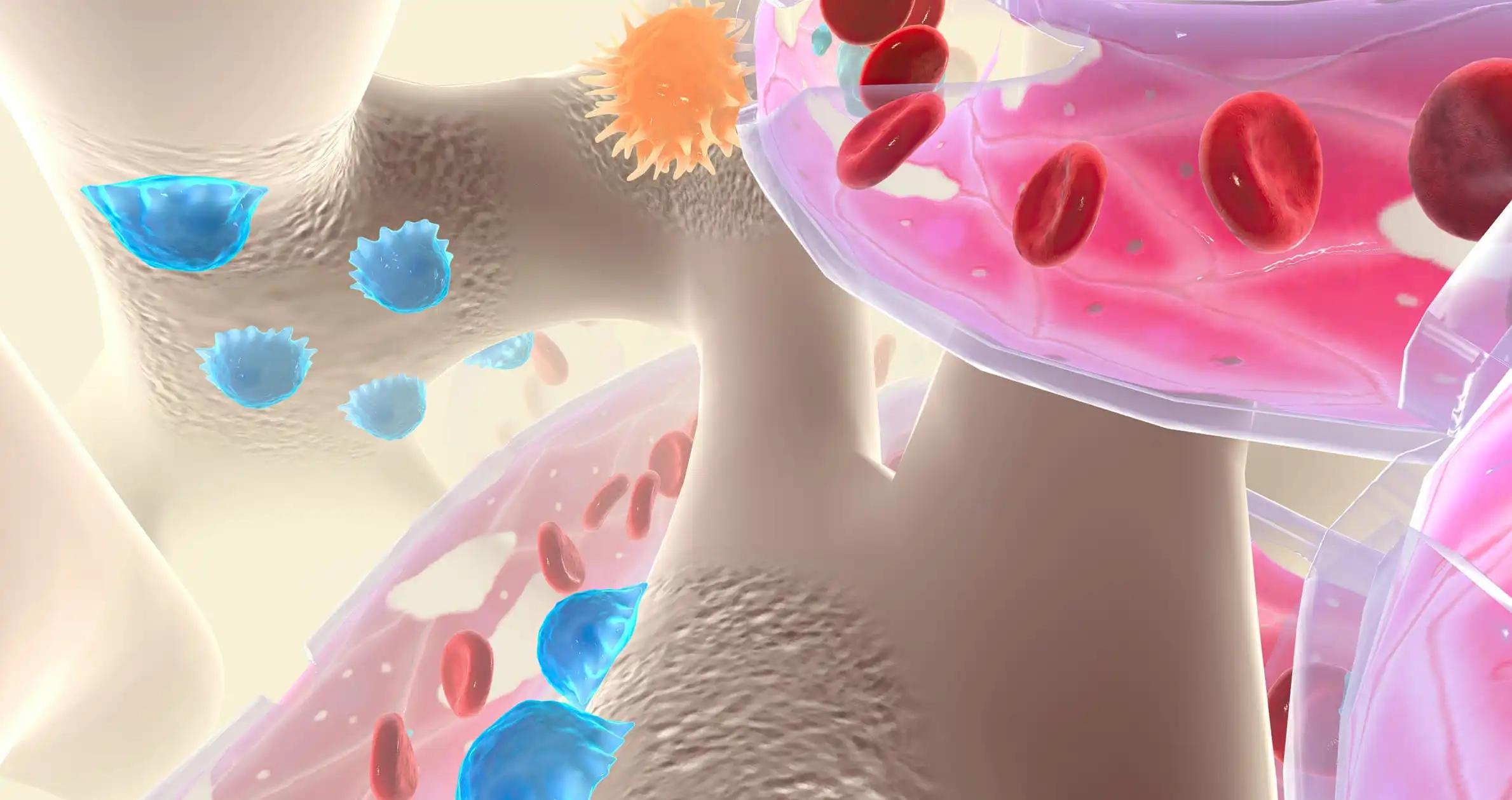KEY TAKEAWAYS
- A phase II multicenter adaptive immunotherapy OMNIVORE trial investigated the prognostic value of CTC quantification and the dynamic alterations of the HLA class I.
- Liquid biopsies were utilized to obtain 457 longitudinal samples from 104 mRCC patients.
- Patients who exhibited a reduced CTC count during treatment had a radiographic response.
- The HP ratio decreased in patients who underwent immunotherapy but not in those who received tyrosine kinase inhibitors.
- This study is the first extensive longitudinal CTC investigation in mRCC, and its findings suggest CTC quantification and dynamic alterations.
Using liquid biopsies in cases of metastatic renal cell carcinoma (mRCC) offers a distinctive method to comprehend the molecular foundation of treatment response and resistance. This holds significant importance within immunotherapies, as they aim to address pivotal immune-tumor interactions. The non-invasive circulating tumor cell (CTC) approach enables feasible serial real-time profiling of mRCC in contrast to metastatic tissue biopsies.
A total of 457 longitudinal liquid biopsies were obtained from 104 patients diagnosed with metastatic renal cell carcinoma (mRCC) who participated in either a prospective cohort or a phase II multicenter adaptive immunotherapy trial. By implementing an innovative CTC capture and automated microscopy platform, investigators assessed CTC enumeration and the expression of HLA I and programmed cell death-ligand 1 (PD-L1). They directed attention towards the HLA class I to the programmed death-ligand 1 (PD-L1) ratio, also known as the HP ratio, due to their opposing immunological functions.
Patients exhibiting radiographic responses demonstrated notably reduced CTC counts during treatment. Additionally, individuals whose circulating tumor cell (CTC) enumeration trajectory was situated in the uppermost quartile (greater than 0.12 CTCs/mL annually) exhibited reduced overall survival (with a median of 17.0 months compared to 21.1 months, P<.001). During treatment, the HP ratio decreased in patients who underwent immunotherapy, whereas no such decrease was observed in patients who received tyrosine kinase inhibitors. Patients exhibiting an HP ratio trajectory within the uppermost quartile (≥ 0.0012 annually) demonstrated a statistically significant decrease in overall survival (median 18.4 months versus 21.2 months, P = .003).
The investigators have conducted the initial extensive longitudinal circulating tumor cell (CTC) investigation in metastatic renal cell carcinoma (mRCC). Their findings have revealed the significant prognostic value of CTC quantification and the dynamic alterations of both CTC quantification and the HP ratio. The aforementioned observations regarding alterations in tumor load and molecular composition of neoplastic cells following diverse therapeutic interventions offer promising biomarkers for predicting and tracking immunotherapeutic outcomes in metastatic renal cell carcinoma.
Source:https://pubmed.ncbi.nlm.nih.gov/35617646/
Clinical Trail: https://clinicaltrials.gov/ct2/show/NCT03203473
Bootsma M, McKay RR, Emamekhoo H, Bade RM, Schehr JL, Mannino MC, Singh A, Wolfe SK, Schultz ZD, Sperger J, Xie W, Signoretti S, Kyriakopoulos CE, Kosoff D, Abel EJ, Helzer KT, Rydzewski N, Bakhtiar H, Shi Y, Blitzer G, Bassetti M, Floberg J, Yu M, Sethakorn N, Sharifi M, Harari PM, Choueiri TK, Lang JM, Zhao SG. Longitudinal Molecular Profiling of Circulating Tumor Cells in Metastatic Renal Cell Carcinoma. J Clin Oncol. 2022 Nov 1;40(31):3633-3641. doi: 10.1200/JCO.22.00219. Epub 2022 May 26. PMID: 35617646; PMCID: PMC9622626.



